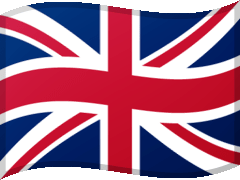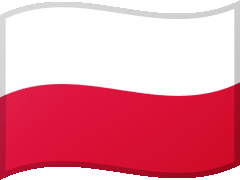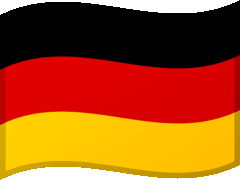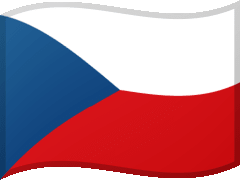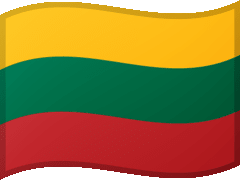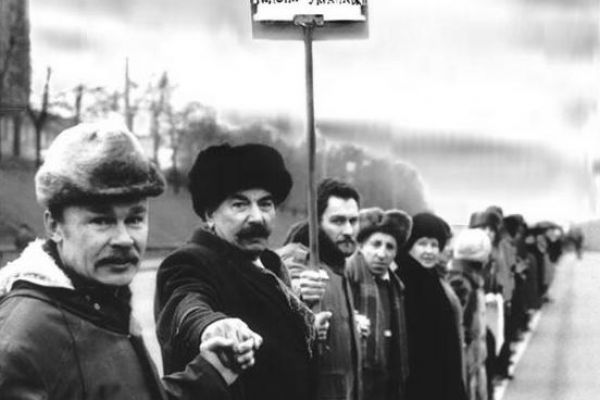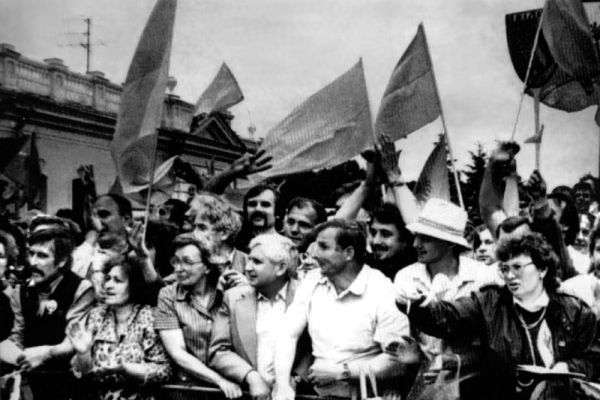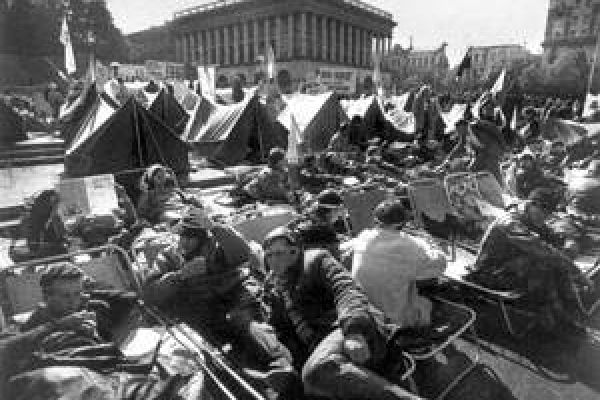At the end of the 1980s. Under the influence of the shock caused by the catastrophe in Chernobyl and the the changes in the Soviet Union, the Ukrainian Soviet Socialist Republic. Independent social movements proclaimed slogans of independence and democracy. Massive anti-government demonstrations took place. In January 1990, a living chain of 3 million people connected Kiev and Lviv. The changes also affected the Communist Party itself, certain postulates regarding a looser federation with the Soviet Union appeared. An attempt made by the Communists to take control of the situation by taking over some of the slogans of the opposition failed.
In March 1990, the first partially free parliamentary elections took place. The Democratic Bloc established by the non-communist organisations won around 100 seats, the Communists received more than twice as many, however, some of them joined the opposition at a later time. In the elections to field councils in the western oblats, non-communist organisations won with a significant advantage. Numerous political parties of various ideological orientations were established. The congress of the Communist Ukrainian Party urged the deputies to adopt the resolution concerning sovereignty.
On 16 July 1990, the Supreme Council of Ukraine (Verkhovna Rada) adopted the Declaration on State Sovereignty of the Ukrainian Soviet Socialist Republic, which made Ukraine a national state, neutral and with its own armed and security forces. At the same time, the conclusion of the new union agreement with the Soviet Union was announced. Some Communists, including the speaker of the Parliament Leonid Kravchuk, later to become president, decided to support the independence movement, which was caused by public pressure and the fear of marginalisation and loss of power. This finally led to the proclamation of independence in the year 1991.
